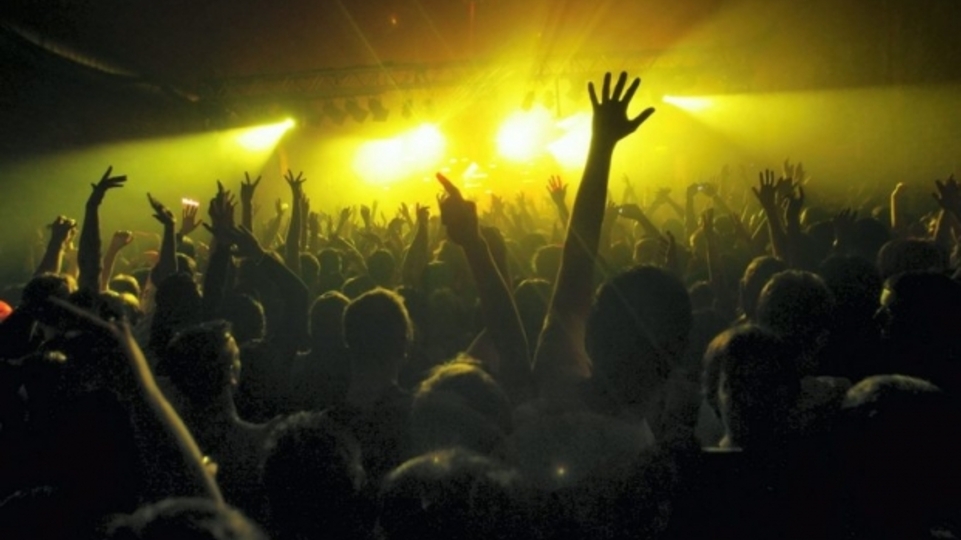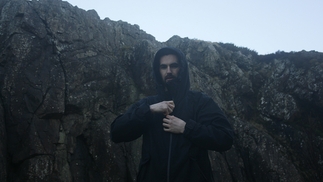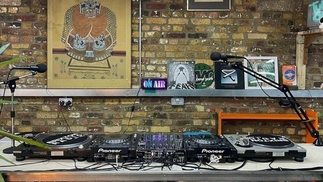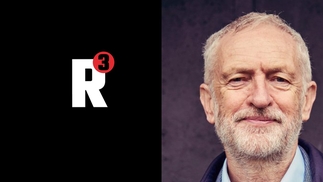SOD THE £100M PLAYER!
We're looking at the half a million dollar DJ...

Is it a coincidence that, as the UK press harps on about the potential dawn of the £100m footballer, we are reaching the equivalent stage within a subculture such as dance music? Possibly not.
Today, as the economy continues down its road to recovery, young people's disposable income is increasingly getting spent on going out and having fun. Dance music is bigger than ever and — just like Premier League football (albeit on a much, much lesser scale) — business is booming as organisers compete for the most mind-blowing line-ups imaginable.
The hype — and resulting fee hikes — has in part come from the presence of bigger stages on the UK scene. Take Manchester, for instance. Between October and January each year, The Warehouse Project takes monopoly over the city's club scene and their booking power has grown each year.
Similar seasons hinged purely on upper tier underground talent have also taken to London's clubs and warehouses. The Hydra and Fire In Session are two. And there are festivals from Eastern Electrics and Found. In: Motion has been bringing heavyweight calendars to Bristol since 2010. And it's showing no signs of abating.
Over the remaining course of the decade DJ Mag expects every major city in the UK to have a WHP-style season dominating their respective club scene.
Which is great...for clubbers getting festival line-ups every weekend for less than £30. But what about the little guys wanting to book the DJ they got for less than a grand two years ago, now getting quoted five grand by an aggressive booking agent?
These days, in the UK's major cities especially, it's impossible to see top of the range DJs for less than a tenner (unless you come to a DJ Mag party, of course!), and with a heightened awareness of underground dance culture across the board, expectations are growing, and with this has come increased pressure on promoters to deliver established names. As a result, fees are going through the roof, and breaking even in a small/medium-sized clubs these days isn't easy in the face of skewed market prices. In the same summer Real Madrid paid £86m for Gareth Bale, promoters around the world are reportedly getting quoted half a million dollars for a DJ act — the parallel is plain to see. In a similar way to smaller teams getting muscled out by big spenders, it's fair to assume the UK club scene is facing a similar malaise.
The US-led EDM beast is only getting stronger. Bigger corporate brands are now eyeing up the dance music pie and financial water levels are only going to rise.
Much like the tail-end of the '90s — the dawn of the superstar DJ and when trance dominated the UK charts — dance music is enjoying another rude patch, and people are making money, which is brilliant. But once again, the bubble is only going to burst; the cycle will eventually move on, and it's only a matter of time until fees and financial margins become unsustainable.
Words: Adam Saville





